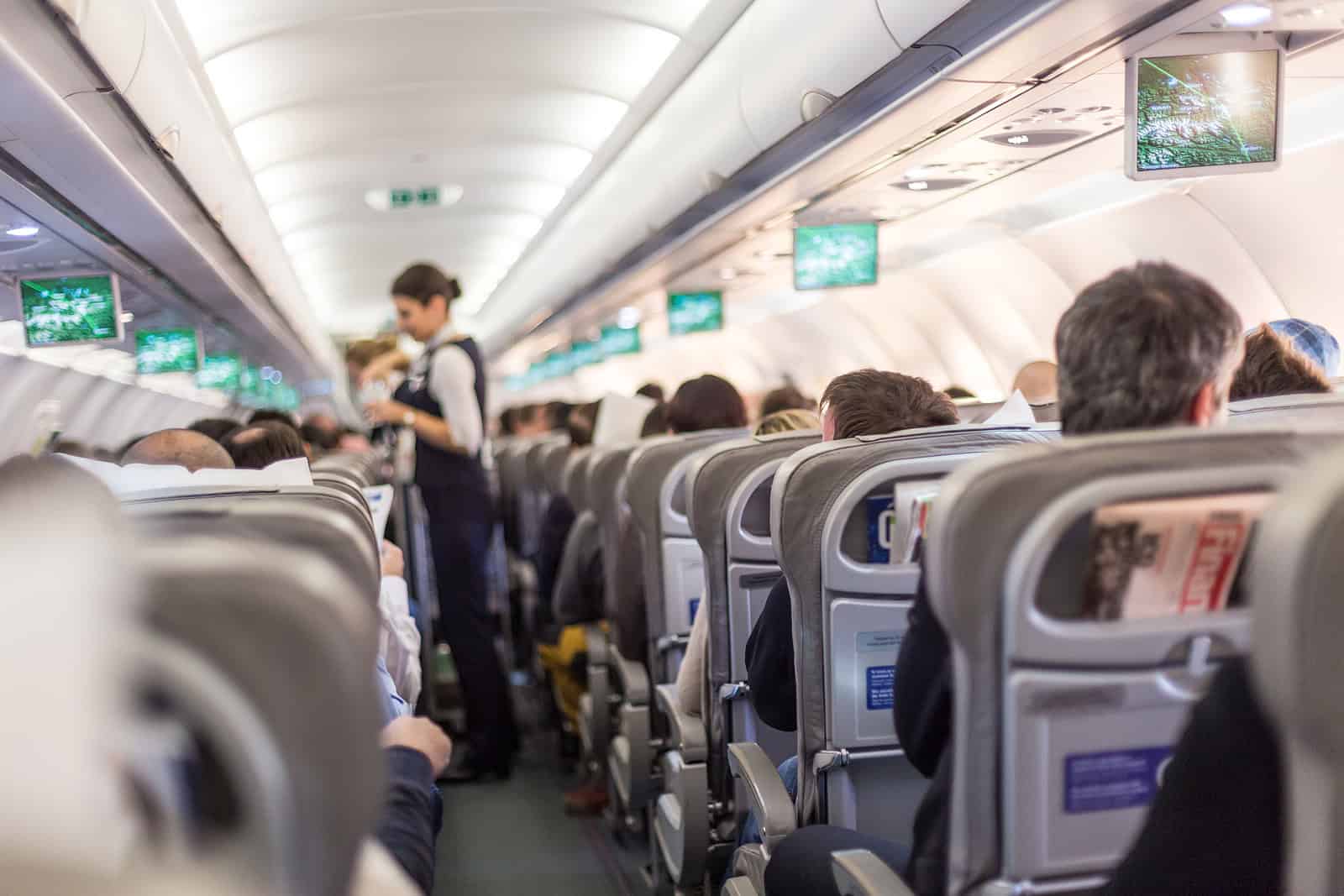
Traveling with hearing aids involves some careful planning to ensure they remain in optimal condition. Begin by having your hearing aids checked by a hearing health professional before your trip to ensure they are functioning properly. This can help avoid any unexpected issues while away from home.
Then, pack a protective case for storing the hearing aids when not in use, as well as extra batteries or a charger if you use rechargeable hearing aids. Carry a small kit with cleaning tools and spare parts, such as tubes or domes, so that you can perform basic maintenance on the go. It’s also wise to bring a dehumidifier to keep your hearing aids dry upon arrival, especially if you’ll be traveling to humid destinations.
Going Through Airport Security
Going through airport security with hearing aids is generally easy, as they do not need to be removed during the screening process. Inform the security officers about your hearing aids before passing through the metal detector or body scanner. This communication helps facilitate a smoother and more comfortable experience.
It is possible that an officer may conduct a visual inspection instead of having you remove your hearing aids. Prepare a small card explaining your hearing loss and the importance of your hearing aids in case verbal communication is challenging. Most airport personnel are trained to handle such situations with care and understanding.
Maintaining Performance During Travel
Travel can cause changes in hearing aid performance due to variations in altitude, humidity, and temperature. Regularly check the wax filters and vents in your hearing aids to ensure they are clean and functioning properly. This proactive maintenance helps to maintain clarity and performance throughout your journey.
If you are flying, be aware that changes in cabin pressure can affect your ears. Consider chewing gum or swallowing during takeoff and landing to help equalize pressure. If you experience discomfort, consider removing your hearing aids temporarily until your ears have adjusted.
Staying Connected on the Road
Keeping your hearing aids connected to your smartphone can be a great help when traveling. Most modern hearing aids have Bluetooth capabilities, allowing you to stream directions, music, or phone calls directly to your hearing aids. Ensure your devices are paired and functioning correctly before your trip.
Using mobile applications designed for hearing aid users can also enhance your travel experience. These apps can help you adjust the settings of your hearing aids, monitor battery levels, and even locate your hearing aids if they get misplaced. Having this technology at your fingertips can provide peace of mind and added convenience.
Protecting Hearing Aids from Environmental Factors
Different environments present unique challenges for hearing aid users. In hot or humid climates, moisture can accumulate in your hearing aids, potentially affecting their performance. Using a drying kit each night can help remove any moisture build-up and ensure your hearing aids function properly.
Similarly, if you are traveling to a cold destination, be mindful that moving from cold to warm environments quickly can cause condensation. Keep your hearing aids dry and store them in a protective case when not in use to prevent damage. Always handle your hearing aids with clean, dry hands to avoid transferring moisture or dirt.
Seeking Support While Traveling
If you encounter issues with your hearing aids while traveling, it’s reassuring to know that support is available. Many hearing aid manufacturers have global networks of service providers who can offer assistance. Research and note down the contact information of local hearing health professionals at your destination before you leave.
- In case of emergencies, your hearing health professionals back home may be able to provide remote assistance or guide you to the nearest service center. Having these resources readily available ensures that you can address any issues quickly and continue enjoying your travels. Proactive planning and knowing where to seek help can make a significant difference in maintaining your hearing health on your journey.
